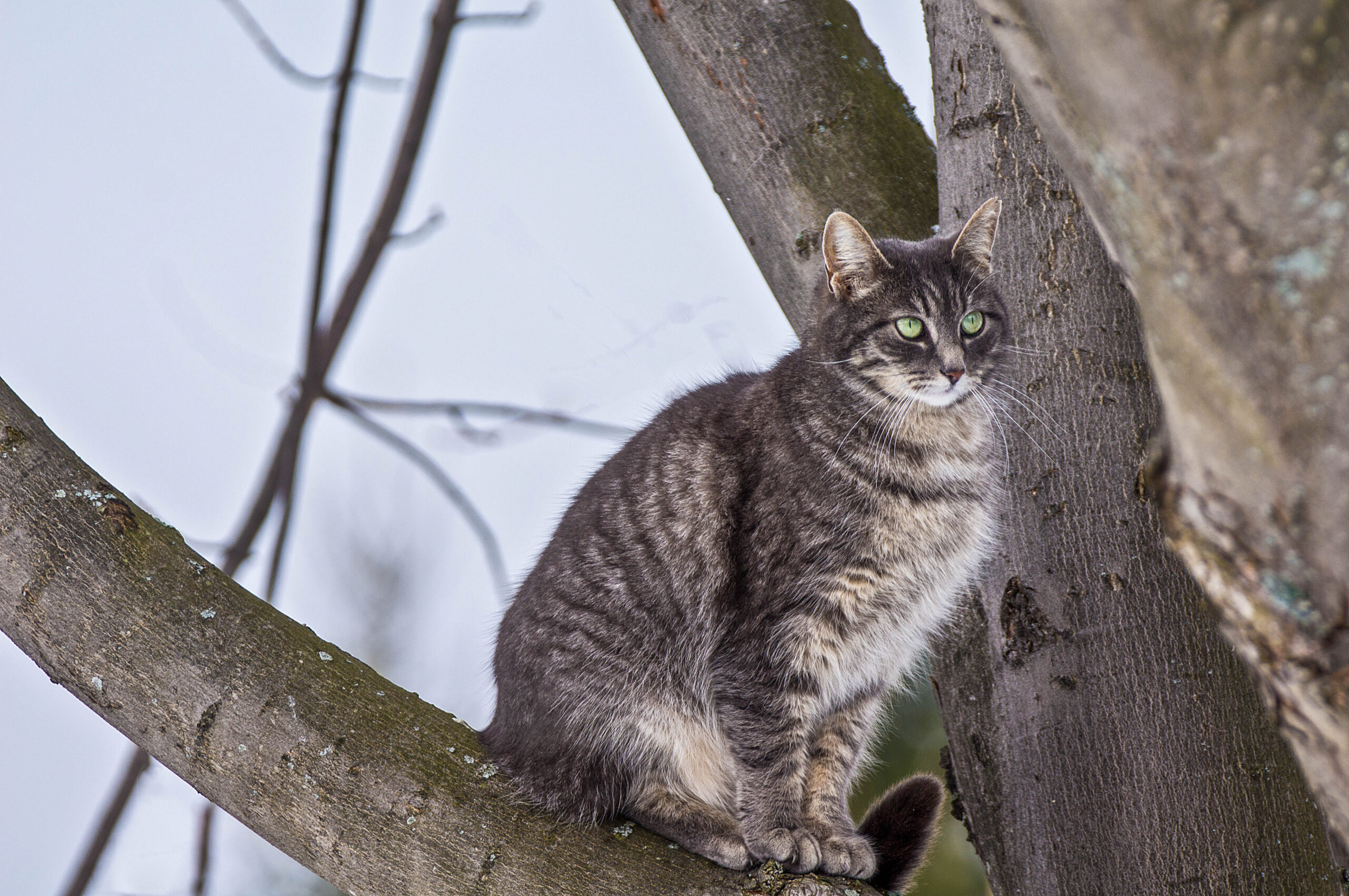Stray, feral felines can escape cold in easy-to-make houses
KINGWOOD — Winter weather is hard on community and outdoor cats. Building a winter shelter for these cats can be easy and inexpensive.
Alix Evans, spay and neuter director for the Preston County Humane Society, said Styrofoam bins, like those used to ship perishable food can be turned into a warm shelter for cats.
She said to cut a door into the top rim of the bin. The lid of the bin is going to be the floor.
The doorway should only be large enough for a cat to pass through. This helps eliminate threats from dogs and other predators.
Next, Evans said securing the lid to the bin is easy. Just use a few strips of duct tape.
She said for bedding, use straw, not hay or blankets. Hay and blankets retain moisture and absorb body heat, this will make the cats even colder.
Styrofoam bins are lightweight and need to be secured against the wind.
“Put something heavy on top of the bin or anchor it with a limb or something to keep it from blowing away,” Evans said.
Alley Cats Advocates website, https://alleycatadvocates.org/communitycat-care-center/creating-winter-shelters/ recommends smaller shelters. A smaller interior area means less heat is needed to keep the occupants warm.
Cattime.com has a video showing how to make a shelter out of a Rubbermaid bin. A Styrofoam bin is placed inside for insulation.
Cattime.com also has suggestions for protecting food and water from snow and debris.
“I’ve managed a number of feral colonies,” Evans said. “I’ve learned it’s important to have metal water and food dishes. Glass water dishes often freeze and break.”
She said water should be checked frequently due to freezing.
Although you might only see one or two cats, there are probably more, according to ACA. So try to provide more shelter space than you think is needed.
“If you’re caring for a colony, keep the area clean of clutter,” Evans said. “Don’t call attention to the location. If people know there is a colony, they will sometimes drop other cats off or even harm the cats.”
She said if you have a community cat spayed or neutered make sure the ear is clipped.
“This is very important. If you take one in that’s already been spayed you still have to pay for the complete surgery,” Evans said. “Have your ducks in a row [because] once a feral cat has been trapped it won’t be trapped again.”
Donations to PCHS can be mailed to P.O. Box 395, Kingwood, WV 26537. Indicate which program the donation is for. Or visit the website at prestoncountyhumanesociety.org
For information about the spay/neuter program, call 304-435-1808.
To report animal abuse, cruelty or neglect, call the Preston County Sheriff’s Department at 304-329-1611 and ask to speak with a humane officer.
For free Purina cat food coupons for those caring for a feral colony, call Purina at 800-788-7462.
TWEE @DominionPostWV




